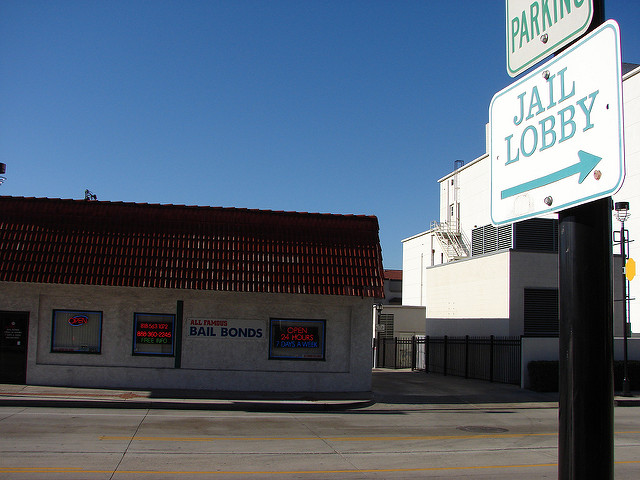
With the highest incarceration rate in the world, many policymakers in the United States are looking to reform the criminal justice system. Some have turned to fines as an alternative to jail or prison. Unfortunately, fines may not be the best solution, according to sociologist Alexes Harris.
In a recent New York Times article, Harris argues that a fine-based system places a huge financial burden — the responsibility of funding the entire criminal justice system — directly on those who are often least able to pay. Harris writes,
“These people are paying for the system of justice from which we all benefit, but they cannot afford to do so. They are often poor, unemployed and of color. In research on monetary sanctions in nine states, my research team and I found that many people have trouble navigating the legal process associated with fines and fees, like finding out how much money they owe and meeting minimum payment requirements. Of the 380 people we interviewed, over half received public assistance and a vast majority had problems paying their legal debt.”
Consequences for not paying can be severe. Not only do delays in payment often result in late fees or interest charges, warrants are sometimes issued for those who fail to pay, and they may end up incarcerated anyway. However, Harris explains that there are other alternatives to incarceration besides fines:
“They should instead search for ways to reduce criminal justice budgets by prioritizing preventive measures proved to decrease recidivism and improve public safety such as free drug and alcohol treatment programs, low-cost housing, restorative justice and job training. To start, lower courts should rely on day fines, where monetary sanctions are determined based on a person’s daily wage and the seriousness of the offense. The sanction is proportionate to a person’s ability to pay and the degree of harm inflicted.”

Comments